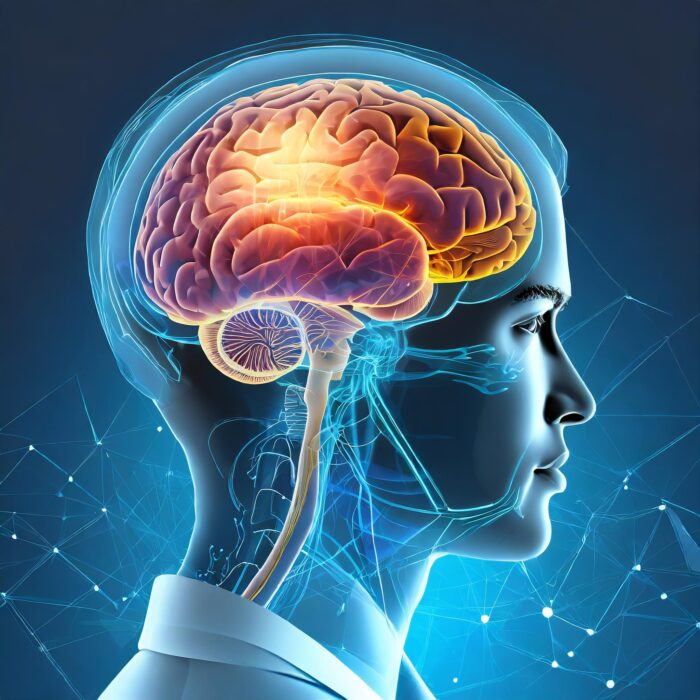John Doe
General SurgeonPretium saepe pariatur ornare cillum repudiandae inceptos iaculis cumque vulputate sequi neque quos exercitation aliquip interdum, veniam? Aute error, elit!


Neurology focuses on diagnosing and treating disorders of the nervous system, which includes the brain, spinal cord, and nerves. Neurological diseases can severely impact an individual’s quality of life.
Neurological disorders range from common conditions like migraines and epilepsy to more complex issues such as multiple sclerosis, Parkinson’s disease, and stroke. These disorders can affect movement, cognitive functions, and overall body coordination.
Neurological disorders may be caused by genetic factors, infections, traumatic injuries, vascular disorders like stroke, or degenerative diseases like Alzheimer’s. In some cases, lifestyle factors such as poor diet, lack of exercise, and high stress levels can also contribute.
Symptoms vary based on the condition but may include headaches, seizures, muscle weakness, difficulty speaking, memory loss, numbness, tingling, and coordination problems. In severe cases, patients may experience paralysis, cognitive decline, or loss of consciousness.
Treatment depends on the specific neurological condition and can include medications to manage symptoms or slow progression, physical therapy, and, in some cases, surgery. Early diagnosis is critical for managing progressive diseases effectively.
Precautions involve leading a healthy lifestyle with regular exercise, a balanced diet, proper sleep, and stress management. For those at risk, regular neurological check-ups and managing chronic conditions like hypertension are essential.